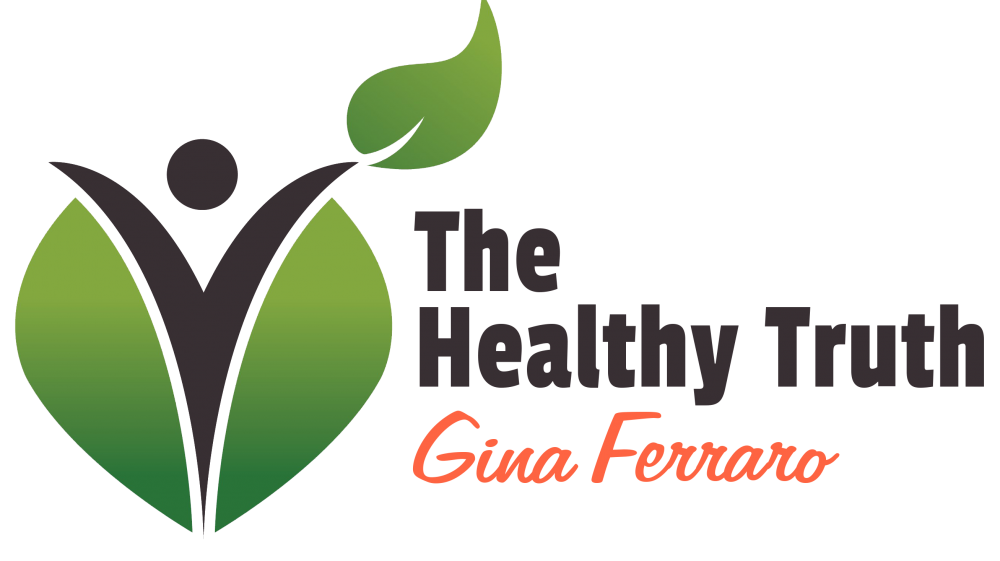The Dangers of Caffeine
Caffeine is one of the most highly abused substances of modern day. There have been numerous health claims over the years of increased metabolic rate, increased weight-loss, improved sports performance, and concentration and awareness. Yes these claims in part can ring true but they certainly are not associated with improved health! All of these effects occur because caffeine contains a chemical called benzoic acid which is a toxic and addictive chemical that acts as a drug stimulant. Stimulants are “sympathomimetic’. What this means is caffeine mimics the effects of the sympathetic nervous system, or drives your “fight or flight” response. Adrenaline and cortisol (along with noradrenaline – a neurotransmitter) are stress hormones that the endocrine system releases in times of danger. They are strong hormones that stimulate the body to respond and cope with an immediate threat. When the body is constantly stimulated to release these hormones, the chronic result is causing more harm than good. Caffeine users are seen to have elevated blood pressure compared to non- caffeine consumers and regular consumption is believed to be a risk factor for heart disease.
Reported effects of caffeine
The following effects are commonly attributed to over-use of caffeine – while reading them bear in mind that what is true for one person may not be true for someone else. Note: Heavy use is considered greater than 350mg or three cups of coffee per day.
- Stimulates your heart (causing rapid heart rate and palpitations)
- Stimulates your respiratory system (speeding up breathing rate).
- Stimulates the cortex of your brain heightening the intensity of mental activity
- Immune system suppression
- Increased body temperature
- Frequent urination and dehydration as caffeine is a diuretic.
- Increased blood viscosity due to dehydration and increased level of fatty acids
- Increases calcium loss. The American Medical Journal has reported a correlation between caffeine and decreased bone density or osteoporosis in women.
- Increased blood pressure
- Dizziness and headaches (due largely to dehydration)
- After the energy burst, an even greater feeling of fatigue
- Restlessness and excitability
- Anxiety and irritability
- Trembling hands
- Sleeplessness or light sleep patterns
- Increased stomach acid production which may irritate the stomach lining
- Makes digestion less effective by relaxing the muscles of your intestinal system
- Increased pancreatic activity causing overproduction of insulin and decreased insulin sensitivity. This can lead to chronic tiredness due to hypoglycaemia.
- Decreased absorption of magnesium. Magnesium is an essential mineral utilised in more than 300 enzyme reactions and physiological processes in the body including energy metabolism, effective utilisation of glucose, hormonal balance and proper heart function. Magnesium deficiency is a contributing factor in diabetes and the development of diabetic complications. Low levels of magnesium increase the development of insulin resistance and alter the ability of cells to take up glucose.
- Studies suggest that caffeine ingestion contributes to insulin resistance (pre Type II diabetes) and impairs glucose and insulin homeostasis (the constant state of internal environment). Even coffee in moderation has this effect.
The effects of caffeine can last throughout the day and into the night because the body takes a long time to break the substance down. After 12 hours of consuming caffeine the body can still contain up to 12% of the original amount.
Caffeine content
The approximate amount of caffeine found in coffee, tea, chocolate, cola, energy drinks, and caffeine tablets is shown in the table below.
Product Caffeine content
Typical tablet 100 mg
Cup of instant coffee* 60-80 mg
Cup of brewed coffee* 60-120 mg
Cup of black tea 10-50 mg
Cola drink 13 mg per 100 mL
Can of cola 375 mL 48 mg
Bottle of cola 600 mL 78 mg
Red Bull 250 mL 80 mg
‘V’ 250 mL 80 mg
Guarana tablet 1000 mg 40 mg
Cup of hot chocolate 5-10 mg
*amount of caffeine is depends on the type of coffee bean and size of cup
Every time you drink tea, coffee, cocoa, chocolate, or cola you are giving your body a ‘hit’ of caffeine. Along with nicotine and alcohol, caffeine is one of the three most widely used mood -affecting drugs in the world. If you have more than two or three caffeine drinks per day your ‘habit’ may be affecting you emotional and physical health much more powerfully than you might first expect.


